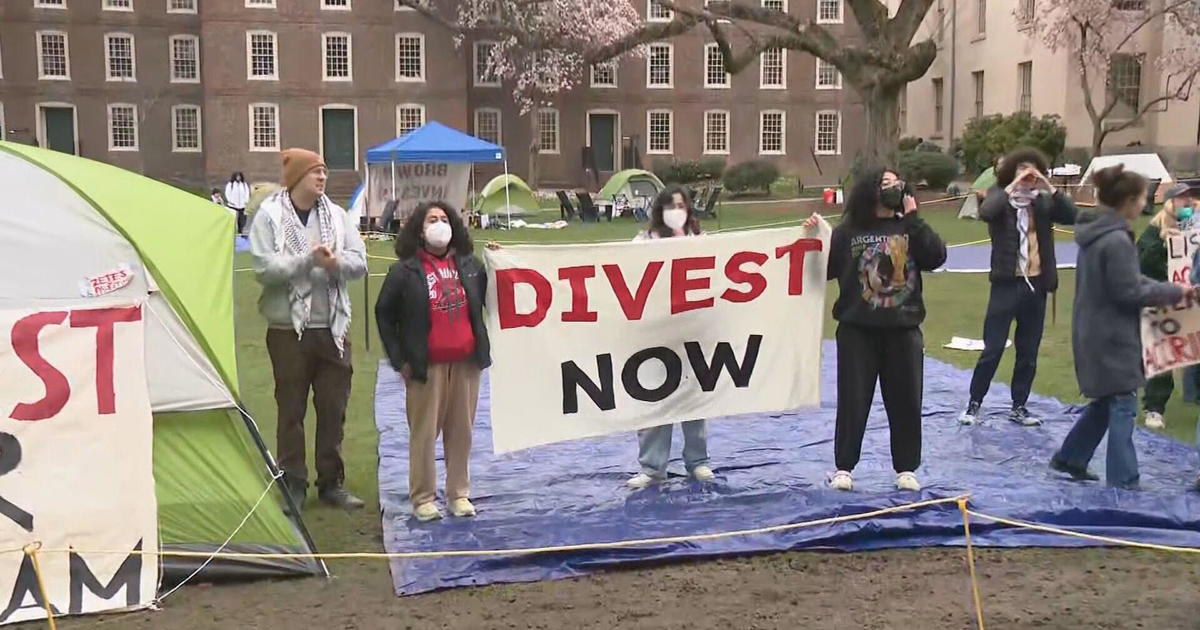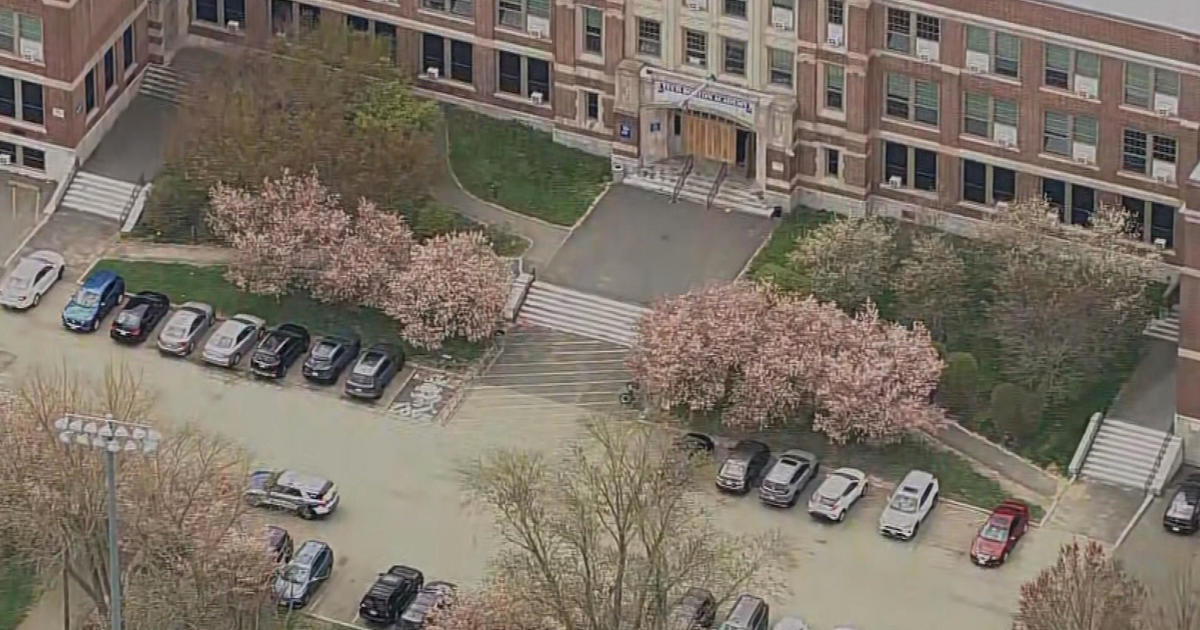'First In The World' Grant Program Challenges Colleges To Increase Access And Affordability
The State University of New York Oswego will partner with two area community colleges to help two-year graduates transition into bachelor’s degree programs. Courses at the junior colleges will be aligned with university programs, and more than 1,000 students will receive counseling to facilitate the transition. The program, "Transfer Gateways and Completion," will be funded by a $2.88 million grant awarded to SUNY Oswego as part of the federal “First in the World” grant initiative. SUNY Oswego is one of 24 colleges awarded funds under the program, the U.S. Department of Education announced on Sept. 30. Nearly 500 post-secondary institutions had applied.
Another “First in the World” recipient, Bay Path University in Longmeadow, Massachusetts, was awarded 3.5 million to support an innovative online program for adult women. The American Women’s College is a first- of- its- kind institution launched by Bay Path earlier this year. According to Bay Path President Dr. Carol Leary, the American Women’s College has the potential to reach millions of women across the country who need to advance their education, but are unable to do so with traditional programs. The grant money will be used to develop the school’s Social Online Universal Learning (SOUL) platform.
What is “First in the World”?
President Obama announced the First in the World grant program in August of last year. It is one of the newest programs aimed at achieving the goal of making the United States, once again, the world leader in college graduation rates by 2020. Earlier initiatives taken by the U.S. Department of Education were focused on helping students pay for college and included an overhaul of the federal student loan program, a campaign to lower interest rates on student loans and an increase in Pell Grant funding. The “First in the World” program tackles issues of college affordability and access from the college end.
Who may apply for a grant?
Colleges were invited to apply for “First in the World” competitive grants to fund and reward innovations that expand access to higher education. Post-secondary institutions were tasked with developing and implementing strategies to lower costs and increase completion rates. Schools may accomplish this by redesigning courses, instituting more effective student supports, increasing teaching quality and better leveraging technology. Successful projects must show strong theoretical foundations and must serve as models for other institutions — plans must be replicable. Additionally, colleges that wish to be considered must have a plan for collecting data and assessing the effectiveness of their project.
What are the criteria for a successful application?
The Department of Education is encouraging colleges to consider a wide array of innovations, including competency-based learning, duel-enrollment (a program that allows students to earn college credit while still in high school) and open-degree pathways that allow students to work towards credentials by taking free or low-cost courses online. To be considered for a grant, applications must address five priorities:
- Increase access and completion for underrepresented, underprepared, or low-income students
- Increase community college transfer rates to four-year colleges for underrepresented, underprepared, or low-income students
- Increase enrollment and completion of underrepresented, underprepared, or low-income students in science, technology, engineering, and mathematics (stem) degree and certificate programs
- Reduce time to completion, especially for underrepresented, underprepared, or low-income students
- Improve college affordability, especially for underrepresented, underprepared, or low-income students
How much money is available?
The Department of Education has budgeted $75 million for the program in fiscal year 2014. Of this amount, $20 million has been set aside for institutions that primarily serve minorities. Secretary of Education Arnie Duncan is seeking $100 million in the fiscal year 2015 budget to expand the program. As a tiered-evidence grant program, grants are larger for institutions with multiple levels of evidence to support the proposed project’s effectiveness.
Gillian Burdett is a freelance writer covering all things home and living. Her work can be found on Examiner.com.




